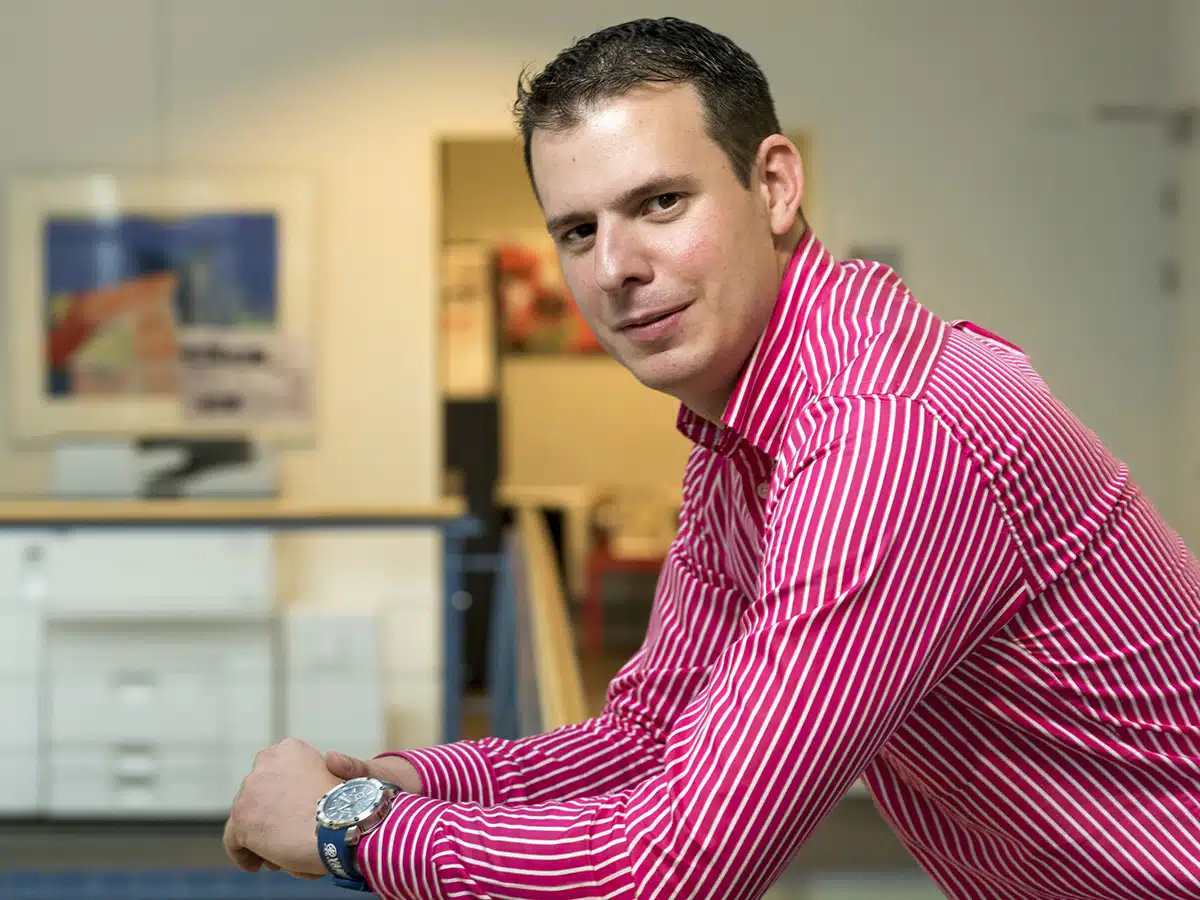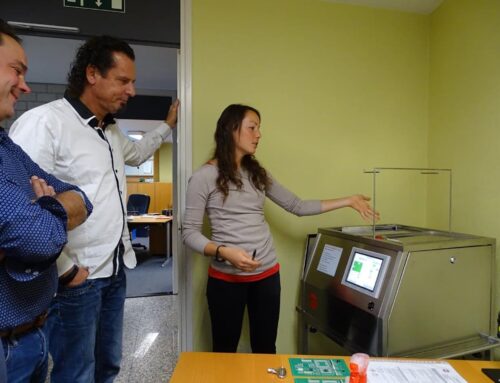PIEK spoke to two Professors (=Dutch lectors) of Zuyd University, Dr. Susy Braun and Dr. Martijn Zoet. Dr. Braun is professor in the fields of nutrition, lifestyle and exercise. Dr. Zoet is professor in the field of future-proof financials. They join forces when it comes to data analyses in healthcare aimed at improving treatment methods, aftercare and prevention. Preventive measures can roughly be applied in two different ways, namely those measures for people who do not yet have a (chronic) disorder and those measures for people who already suffer from a disorder. In the latter group adapting the lifestyle can prevent or slow down further deterioration or can even improve the situation, e.g. in case of contracted diabetes.
Says Dr. Braun: ‘In the Netherlands about 10 million people have a chronic disorder and about 60% of Dutch people are overweight. Overweight is also a predictor of chronic disorders, such as cardiovascular disorders, certain forms of cancer and contracted diabetes (mellitus type 2). Our western lifestyle has a big impact on overweight and on contracting a chronic disorder. We are searching for ways to give people better tailor-made advice on how to adjust their personal lifestyle, so that they see the point and do not lapse back into old habits. We therefore have to know what triggers people to cut habits and embrace a change in behaviour. We notice that taking small, incremental steps that have immediate effect (hey, I’m feeling better!) really help. One guiding principle to cut to a personalised advice is to realise that one and the same disorder can have multiple underlying causes. Take overweight. Little mobility and overeating leads to overweight, but stress can also have the same effect. Two different causes with the same effect require a different approach, so a different lifestyle advice. So far invasive research into particles in blood and urine but also in the buccal mucosa has revealed that there are various causes and also that there are great individual differences in e.g. our digestive systems and hormonal systems. This type of research is very expensive and time-consuming. We would therefore rather determine the suitability of personalised advice based on questionnaires using so-called key questions. After all, a questionnaire is easy and inexpensive, and it can be used by e.g. nurses or paramedics. If you change as a person, for instance by losing weight, your personalised advice would presumably have to be adjusted to keep working well towards improvement.’
Adds Martijn Zoet: ‘What we are doing can actually be compared to what Google, Amazon and Netflix do. They gather huge numbers of data and on the basis of these they can create very personalised profiles of people. Most companies will say that they have, say, five target groups, but the above-mentioned three say that they have as many target groups as they have individual customers. With them every single person has a specific personal profile. A lot of measurements are also done in medical science, such as eye measurements, health questionnaires, etc. Nearly everyone will have a step counter app on his mobile phone or another app recording what he does throughout the day. Such data collections too contribute to the creation of an individual’s personal profile. By applying several data analysis techniques, such as cluster analysis and reinforcement learning technology, we arrive at a profile that is as personal as possible. By using all these data we can teach machines to support us when making a medical diagnosis. This has advanced so much that the assessment of a mammography by an AI machine to determine breast cancer is already a lot more reliable than that of a human doctor.’
Recently both professors joined forces with the researchers of the Maastricht Studie. In the last few years the Maastricht Studie has collected millions of data points on the basis of measurements among thousands of test persons with different disorders. In order to get insights into the various clusters of underlying causes we need a great many data. Apart from medical analyses of things such as blood and urine samples, we also retrieve data from questionnaires and exertion tests.
Says Susy Braun: ‘Within the data of the Maastricht Studie we are now searching for cause clusters belonging to overweight. In previous studies we searched for clusters in other disorders, such as rheumatoid arthritis, in collaboration with VieCuri Medical Centre. This has led to the creation of questionnaires that are now used at the rheumatology department of the VieCuri Medical Centre. They are quite extensive questionnaires – consisting of 60 questions -, but they do allow the centre to give very clear, individualised advice. When new results are fed into a machine, the predictions can become better and better. The machine learns bit by bit, as it were. The results help the physician when giving advice, thereby possibly relieving the work pressure in the medical world in general. Faster and better analyses could also lead to patients being helped faster, which in turn leads to a better quality of life and less pressure on healthcare.’
PIEK thanks Dr. Susy Braun and Dr. Martijn Zoet and wishes them the best of luck with their research projects.










